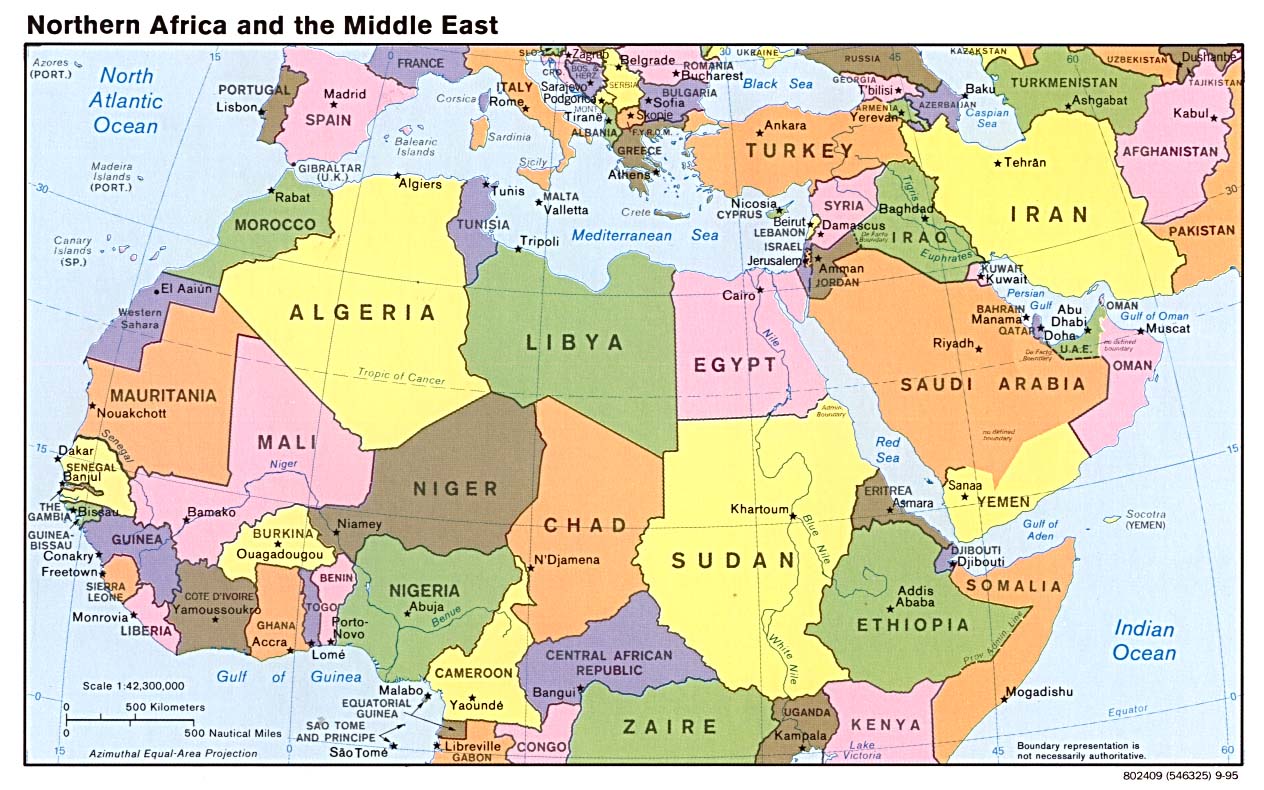CAIRO: Egyptian President Hosni Mubarak on Saturday began his first visit to the United States in five years, to meet his US counterpart Barack Obama for talks that will focus on Middle East peace.
His trip comes as the United States pressures Israel to halt settlement construction in the West Bank, while demanding that Arab countries begin normalizing ties with Israel ahead of a peace deal Obama is trying to broker.
Mubarak, who is accompanied by several ministers, will meet senior administration officials before holding talks with Obama on Tuesday, the third meeting between the presidents in as many months.
He will also meet with leaders from American Jewish groups on Monday, several of the groups said.
Obama and Mubarak s talks will focus on Middle East peace, the Iranian nuclear program and Sudan, according to Egyptian Foreign Minister Ahmed Aboul Gheit, who stood in for Mubarak in May when the president withdrew from the initial dates for his US visit because of the death of a grandson.
The visit now comes at a critical time… because the American side is coming closer to announcing its vision on how to achieve peace and end the Israeli-Palestinian conflict, state-run daily Al-Ahram on Saturday cited Aboul Gheit as saying.
Obama is expected to launch a public relations campaign in the Middle East to explain his vision for a peace deal, the New York Times reported.
We are at a crucial moment now, the newspaper quoted Martin Indyk, a former peace negotiator in president Bill Clinton s administration, as saying.
There are only so many visits George Mitchell can make, he said, referring to US envoy George Mitchell s shuttle diplomacy in the region.
Egypt, one of two Arab countries to have signed a peace treaty with Israel, is playing a key role in the American administration s diplomatic efforts by trying to remove the major stumbling block of Palestinian infighting.
It is mediating reconciliation talks between the Western-backed Fatah in the West Bank and the Islamist Hamas rulers of the Gaza Strip, as well as seeking a truce between Israel and Hamas, who fought a devastating war over the New Year.
The US needs Egypt to continue brokering the reconciliation talks between Fatah and Hamas, said Amr Hamzawy, a Middle East expert with the Carnegie Endowment for International Peace think tank.
With the US emphasizing a breakthrough with the Israelis and Palestinians, and the containment of Iran s nuclear program, such issues as democracy and human rights reforms that have divided Egypt and the US are likely to occupy little of the two leaders discussions.
Egypt s ties with the US were strained during the administration of Obama s predecessor George W. Bush, which linked some of its roughly $1.5 billion annual aid to Egypt with democracy promotion and improvements in human rights.
Critics have accused Obama, who chose Cairo as a venue for an address to the Muslim world in June, of downplaying Mubarak s human rights record after he described the elderly leader as a force of stability in the region.
Egypt depends on the US for military aid… it s increasing its weight with Washington, and also doing it for its own national security, said Imad Gad, an analyst with the Ahram Centre for Political and Strategic Studies, on Egypt s mediation efforts with the Palestinians and Israel.
But some analysts question whether Mubarak, who has ruled Egypt since 1981, and the current Palestinian and Israeli leaderships can deliver a peace deal for Washington.
Egypt remains critical, but is it the Arab key to America s strategy in the region? Probably no, because to a large measure there is no key, Aaron David Miller, a former State Department advisor, said.
The leaders are prisoners to their constituencies, they re not leading them, said Miller, who advised several secretaries of state on Middle East peace negotiations.

